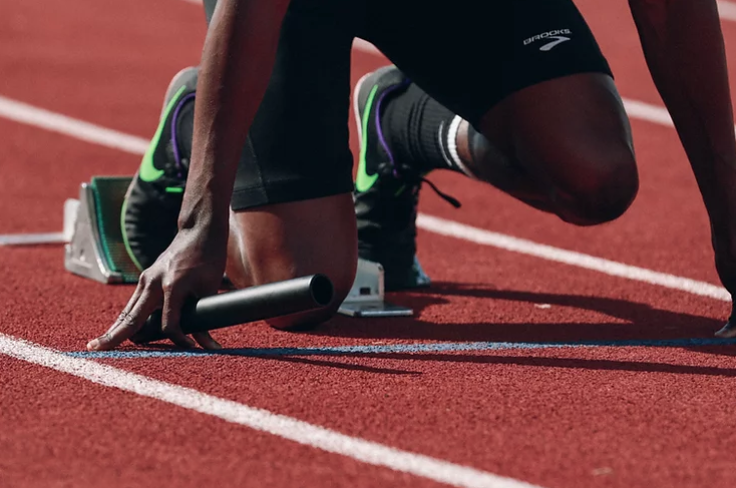
“Anxiety is nothing but repeatedly re-experiencing failure in advance. What a waste.”
– Seth Godin.
Performance anxiety is what happens when you focus on yourself and your anxiety, rather than your presentation or performance. Rather than accepting and learning to work with your anxiety, you resist and fight it. According to research, performance is directly related to whether a person perceives a situation as a challenge or a threat. While performance anxiety can be effectively treated, many people choose to simply live with the difficulties it causes.
Here are 12 ways you can deal with performance anxiety
- Slow your breath. Since rapid breathing is a natural response to the fight-or-flight response, practising slow, deep breathing can trick your body into thinking it is safe to relax.
- Meditate to calm your mind. Regular meditation teaches you to move past your immediate emotions and connect with a calmer and wiser part of yourself, and you can meditate right before or even hours before a performance.
- Create an impression of self-assurance. Do not go around telling everyone how nervous you are; this will only make your anxiety worse. Instead, reassure yourself that everything is fine, and that the audience will be completely captivated by your performance.
- Smile to make yourself feel better. The brain-body connection works both ways; forcing your face to smile can actually make you feel happier and calmer because your brain assumes that if you are smiling, you must be happy.
- Fix your posture. Positive emotions and more confident actions have been linked to adopting a stance that projects strength and authority. Stand up straight, pull your shoulders back, and lift your chin; correcting your posture can trick your mind into thinking it has nothing to worry about.
- Challenge your thinking. When it comes to anxiety, it’s not the situation or event that’s making us feel worried and uncomfortable, but the way we interpret it. Our anxious thoughts, like a self-fulfilling prophecy, make our worst fears a reality. Instead, focus on the positive instead of the negative, enjoy the moment, and be proud of how well you did.
- Don’t get anxious, get excited! In order to conquer performance anxiety, you must first confront your irrational beliefs and develop a healthy perspective on evaluation, feedback, and failure. If you tell yourself, “I am excited” rather than “I am anxious” right before performing, you can channel your nerves into a motivating force.
- Visualise your success. “Seeing” yourself succeed helps you believe that it can – and will – happen. When you visualise every aspect of a successful performance, you prepare your body and mind for the actual event. Remind yourself that you are strong and capable of dealing with obstacles.
- Plan ahead. Because anxiety is primarily concerned with what might happen in the future, making a plan is an excellent way to prepare for unpleasant surprises. As a result of your planning, you will be able to picture the performance in your head and take charge of any future events or circumstances that might otherwise cause you anxiety.
- Write your worries down. Write down your worries and concerns that are causing you anxiety. We can gain perspective and reduce negative thinking by writing down our concerns.
- Reframe failure. Making mistakes is part of being human; those who have achieved great success have overcome far more obstacles than you can imagine. In fact, their road toward success was not a journey but an obstacle course where each challenge made them stronger and smarter.
- Give up trying to be perfect. Perfectionism is typically motivated by a desire to live up to an internal ideal, but it can also be motivated by fear, such as concern about how others perceive you. Be natural, be yourself, and know that it is OK to make mistakes.
Finally, here are some techniques you can use after a performance to help you prepare for future performances. Think about what you did right and how you did it and recall the positive thoughts and actions that contributed to your success. Recognise, but quickly dismiss, factors that hindered your performance. Focusing on the negative aspects of your performance will not help you improve in the future. Rather, you should concentrate on the occasions when you ‘got it right.’ If your performance fell short of your expectations, think of it as practice for the skills you will need for your next performance.